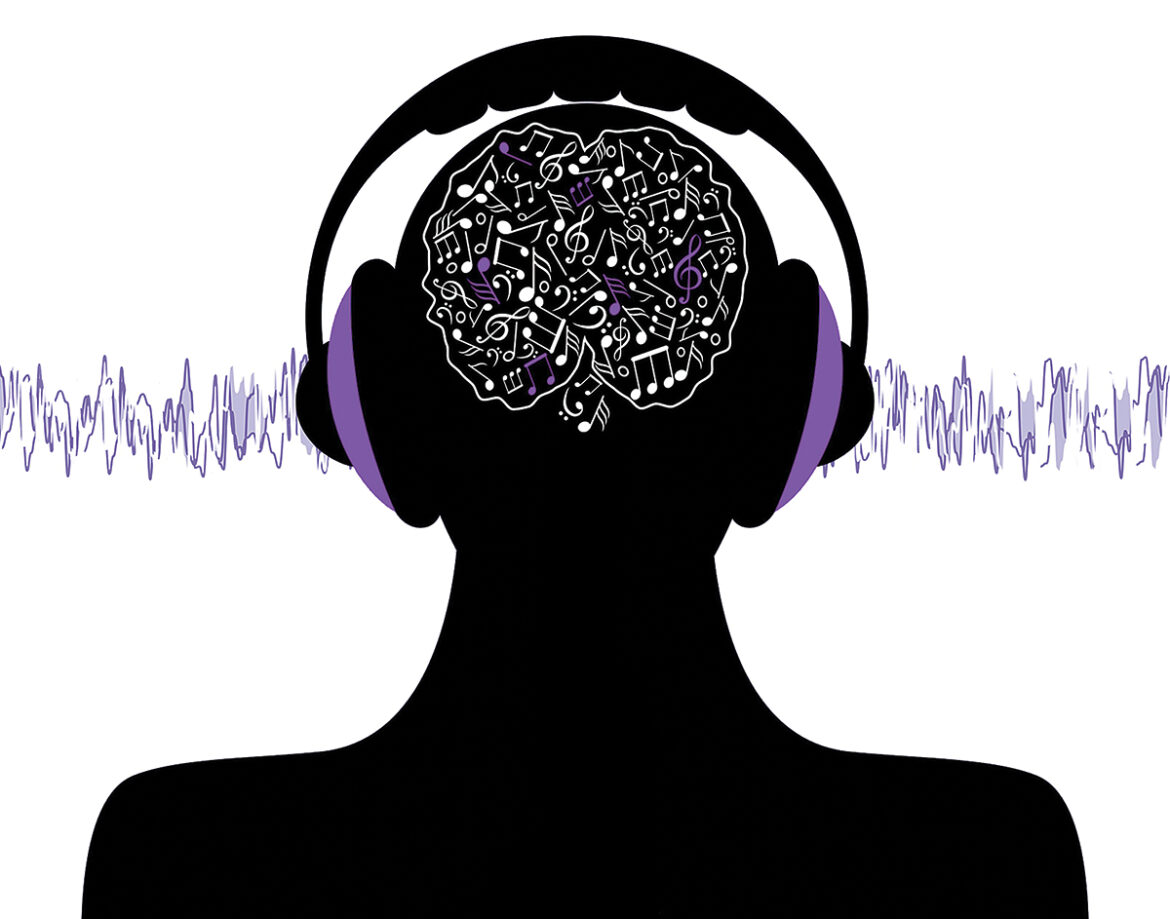A good beat will almost always lead to head bobbing and foot tapping. The right song can kick off a party and lead a crowd to the dance floor. The notes of an opera can move one to tears. A good love song can solicit pangs of joy. And gospel music can move you either way.
The effects of music are not just temporary states of being. Music plays a huge role in our overall mental health. It can lift our mood, center our well-being, and even help with some medical treatments. The use of music can genuinely impact health outcomes.
Harvard Medicine has revealed that music intercessions like singing and listening to songs can significantly improve mental health and some quality-of-life advances in physical health. However, with these findings, no musical “dosage” has been identified. But the obvious impacts are apparent. Soft and comforting music helps with falling asleep in adults and children. Fans of a particular artist connect through music at a concert. Or think about how much more physical exercise at the gym is motivated by a good song. In each instance, the music directly affects our moods, being the conditional catalyst of positive mental health changes.
The power of music is not centered on any particular generation. When considering the effects of those who meditate and find therapeutic benefits in music, don’t focus on the miserable teenager or the super-stressed millennial. A 2020 survey by the senior-focused nonprofit AARP showed that music played in the background or concentrated on during a performance positively influenced depression, anxiety, and mental well-being. This is because research has shown that music beneficially affects dopamine, a chemical in the brain that involves feelings of pleasure. It also affects the love hormone, medically known as oxytocin. Music can also reportedly reduce amounts of the stress hormone cortisol.
Licensed Professional Counselor Tanisha Phillips of Building Behaviors Counseling Services, LLC employs the use of music as holistic therapy for her clients and herself. For herself, she specifically uses 432hz, 528hz, and 963hz music to help raise her vibrational levels, which then creates a space for positive energy to flow, leading to more positive experiences and a healthier, happier life. “I truly recommend the use of high vibrational music for mental health as it promotes stress reduction, healing, and positive moods,” says Phillips.
To learn more about music therapy and if it can help you, visit the American Music Therapy Association website, www.musictherapy.org.




